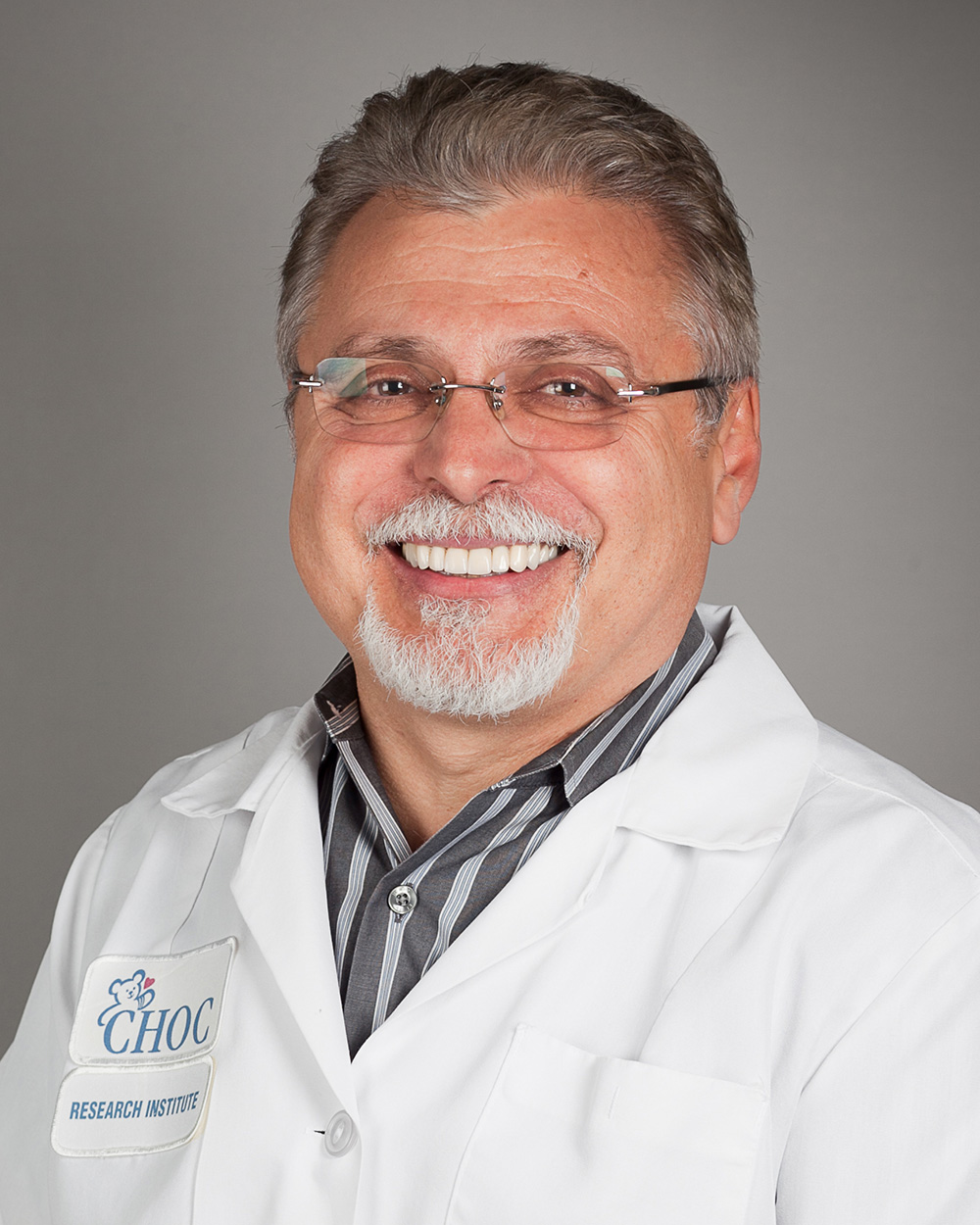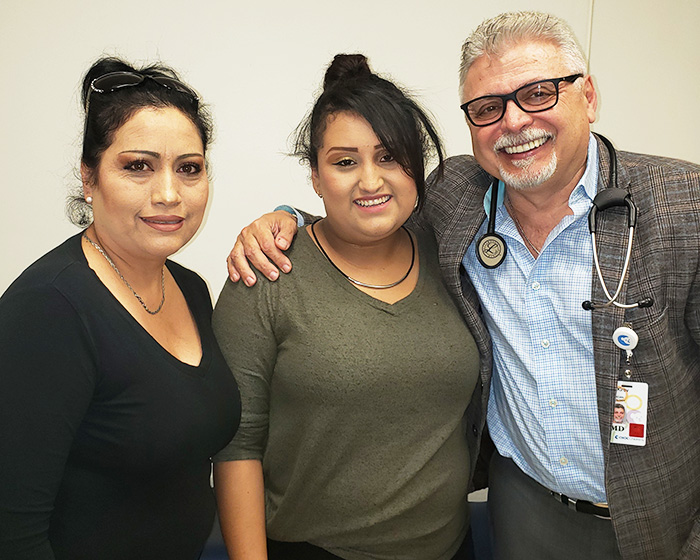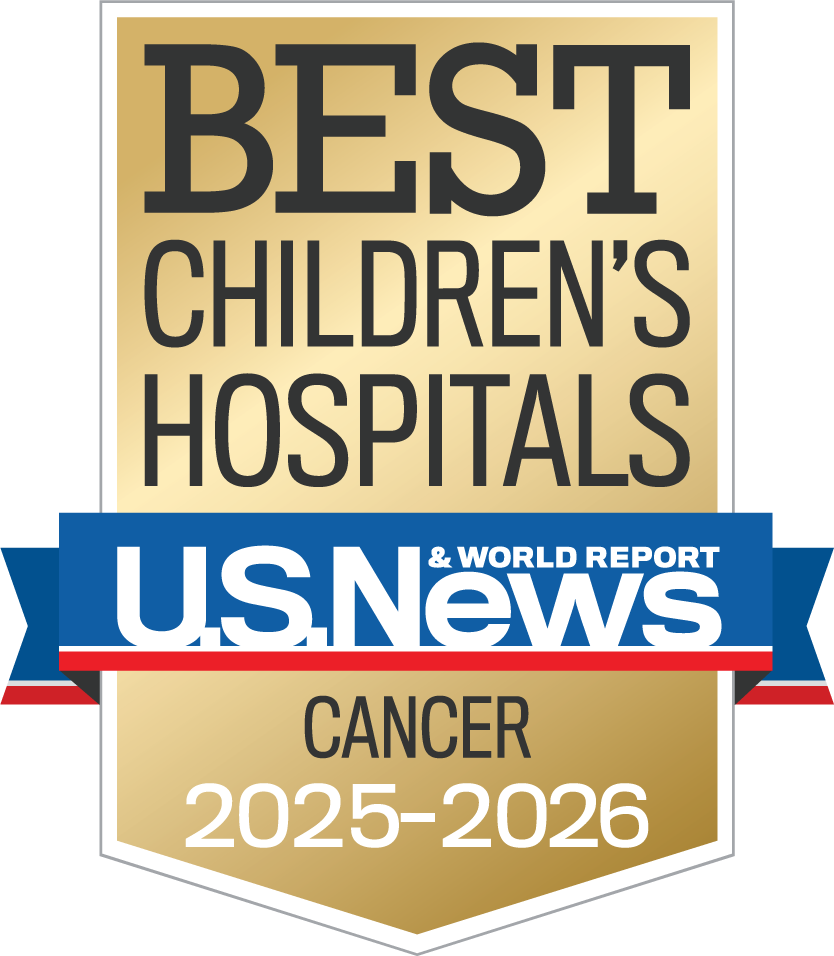Mature T-cell malignancies make up only 5% of pediatric non-Hodgkin lymphomas (NHL). Among these, peripheral T-cell lymphoma (PTCL) and NK/T-cell lymphoma are of particular interest to researchers due to their extreme rarity, poor clinical outcomes and lack of established treatments. A multi-institutional lymphoma/leukemia consortium has developed a new, innovative treatment protocol for these rare types of lymphoma that is now open to patients at CHOC.
“We are very excited to be a part of this study,” says Dr. Ivan I. Kirov, medical director of the Hyundai Cancer Institute at CHOC and primary investigator of the study at CHOC. “To my knowledge, we are the only institution in southern California with access to this protocol, so we are very happy to offer this new treatment opportunity to patients both in our immediate community and beyond.”

The new protocol was developed by Dr. Mitchell Cairo, a former division chief at CHOC and a global leader in the field of pediatric lymphoma, and his team at Westchester Medical Center and New York Medical College.
“This is a very innovative treatment protocol,” Dr. Kirov says. “It utilizes cutting-edge treatment, which incorporates targeted agencies, and immunotherapy.”
Building on progress
Dr. Kirov and his team have achieved encouraging results in patients with rare PTCL and NK/T-cell lymphoma treated at CHOC. At the 2019 conference of The American Society of Pediatric Hematology/Oncology, the team reported excellent outcomes in six patients treated for these lymphomas. An additional two patients have been treated since.
“Seven out of eight patients diagnosed and treated here, some with very advanced stages of the disease, are alive more than two years from the end of their treatment. One patient died in remission from a late complication of a different procedure,” Dr. Kirov says. “These outcomes are very encouraging.”
But more research and trials are needed to build an understanding of this rare malignancy and continue to push treatments forward.
“Due to the extreme rarity of such NHL subtypes in childhood and adolescence, prospective clinical trials have posed significant challenges and are therefore lacking,” Dr. Kirov says. “Our hope is that this new protocol will help us gain more information about the treatment of this lymphoma and establish a new standard of care.”
Risks and benefits
While the treatment of aggressive pediatric lymphoma is associated with side effects, Dr. Kirov believes the new treatment is appropriate for most patients with PTCL or NK/T-cell lymphoma.
“We have very carefully assessed the risk-to-benefit ratio of the patients in this study,” Dr. Kirov says. “All patients will be carefully monitored for immediate and potential long-term effects of the therapy.”
CHOC has an excellent success rate in treating other forms of pediatric non-Hodgkin lymphomas, including Burkitt lymphoma, precursor T-cell and B-cell lymphoblastic lymphoma, diffuse large B-cell lymphoma, anaplastic large cell lymphoma and primary mediastinal large B-cell lymphoma.

“We are very proud of the survival rates we are achieving in treating patients with non-Hodgkin lymphomas,” Dr. Kirov says. “Our five-year survival rate is more than 95%, which is above national benchmarks.”
Dedication to advancement
CHOC and fellow institutions in the consortium are committed to making breakthrough treatments available to children, adolescents and young adults with all forms of lymphoma and leukemia.
A recently completed study on the treatment of Burkitt and diffuse large B-cell lymphoma found that the dosage of anthracycline, which has been proven to cause cardiac side effects for survivors, can be significantly reduced without adversely affecting the excellent outcomes of the therapy.
“This was an important study,” Dr. Kirov says. “The goal of pediatric oncology is not only to cure, but to provide survivors of pediatric cancers with a meaningful quality of life.”

CHOC Hospital was named one of the nation’s best children’s hospitals by U.S. News & World Report in its 2025-26 Best Children’s Hospitals rankings and ranked in the cancer specialty.




